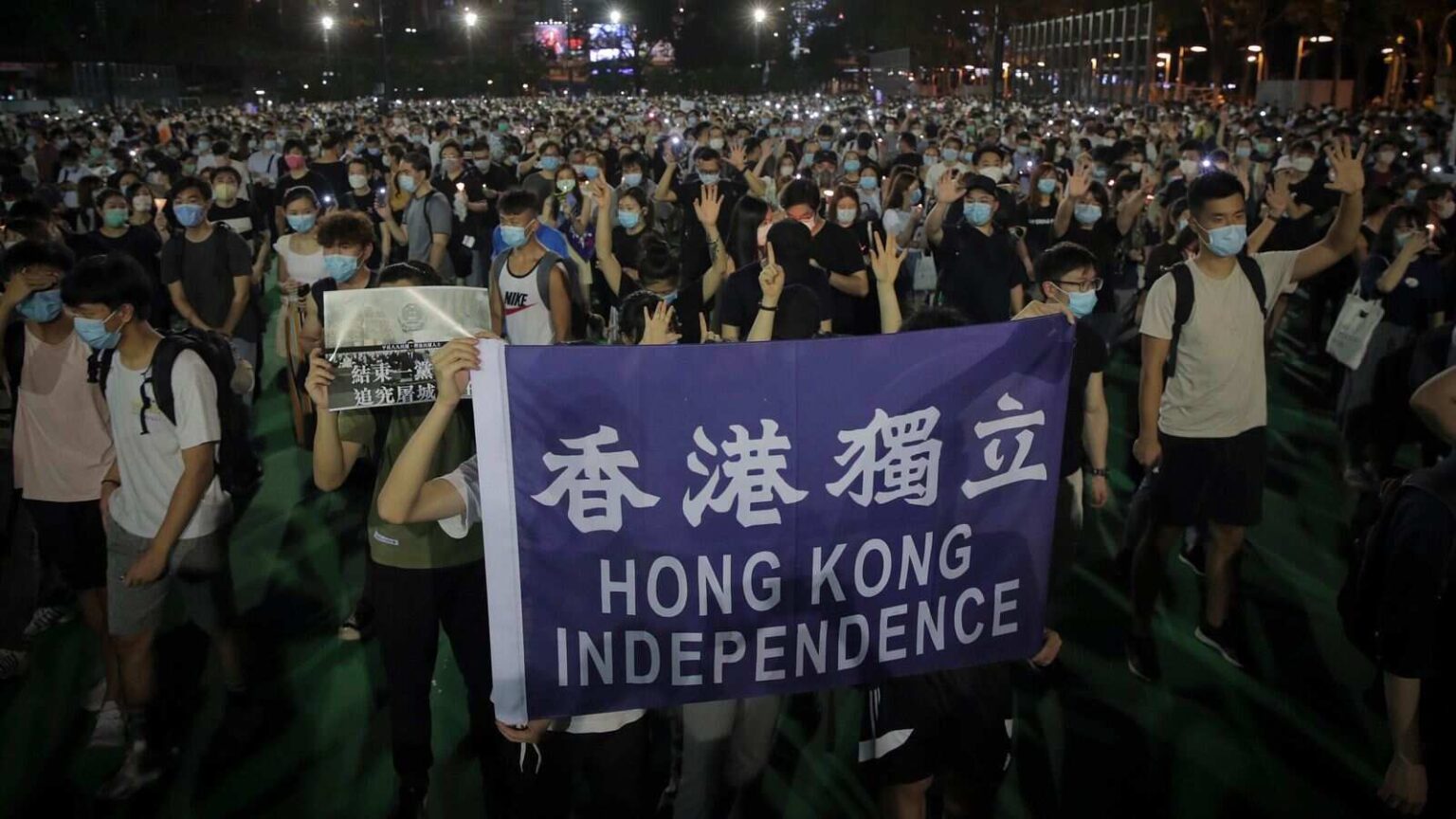The issue between US and Hong Kong date back to many years indeed. The crisis which has been going for so long with the relations between the two countries date back to many years. So the question here is the nature of the issue. The ongoing and slowly cultivating intentions of China are definitely not a recent notice but that itself has history entangled with it.

Through the pages of history
In the pages of history when the British east India company approached the quing dynasty to finalize a trade deal. British resorted to misuse opium and export it through an illegal chain of private traders and smugglers into mainland China. soon the Chinese kingdom who was facing a loss of resources predominantly silver and therefore officially banned the opium trade. The britishers declared the 1st opium war on China and after the Chinese lost, the treaty of Nanking was signed and following the terms promised in the treaty Hong Kong was ceded to the Britishers in 1842. Owing to Britain’s illegal trade expansion, the 2nd opium war broke out bur again Chinese lost severely. Followed by a series of protests by Chinese to reach a common ground, an agreement was signed between the Chinese and the British where both agreed that British would take Hong Kong for lease for 99 years to 1997. Soon after infrastructural and trade benefits in Hong Kong were established by the British, Hong Kong became the financial hub of the world. Soon in 1937 after the Sino Japanese war broke out, Japan took control over Hong Kong which was followed by a major food shortage. But after Japan’s defeat in the world war the area returned to the British and in 1946, they established a civil government in Hong Kong. Hong Kong soon started glooming but soon in 1960’s labor protests started breaking out under Chinese influence. But Hong Kong still continued to develop.
In 1984, Deng Xiaoping and Margaret Thatcher signed the declaration of “one country, two systems” policy under which Hong Kong would become a part of the greater Communist China but would be given to practice its capitalist economic system and partial democracy system i.e.. Hong Kong was to become China’s special autonomous region. But this agreement was valid till 2047 for 50 years. But this was followed by the Tiananmen square massacre of 1989 and unilateral decision to introduce democratic reforms in Hong Kong by their last British Governor. The Chinese leadership didn’t take its non-inclusion smoothly and following 1997, China started to make changes in the Hong Kong policies

Recent Events
In 2014, the Chinese legislature ruled out open elections in Hong Kong and declared that only the leaders who have been approved by Beijing can contest for leadership, this was followed by the 2014 umbrella movement by pro-democracy protestors. In March 2019 Hong Kong Government announced plans for a bill which allowed extraditions to the mainland China following a murder case which required contradictions to Taiwan. This allowed trials of Hong Kong citizens in China. soon China took advantage and started arresting the pro-democracy protestors and writers. This led to the biggest protest in the history of Hong Kong. To subside the 2019 protests Beijing passed the “national security law” for Hong Kong. But when this legislation was being passed it was not made transparent to the people of Hong Kong. The use of words like, “subversion”, “secession” and “terrorism” made the scope of China utterly uncertain and risky. Moreover the legal allowance of security companies to be placed in Hong Kong and the power of Chinese jurisdiction to handle select cases in Hong Kong made the stronghold that China was establishing on Hong Kong very prominent. This called in for international reaction.

How are others reacting?
Hong Kong as a growing economic and trade hub had been the home to many foreign nationals with high percentage of Filipinos, Indonesians, Indians and Americans. But the now security law made them all vulnerable to the Chinese extreme policies and arrest prone freedom. Moreover in the international business scenario many companies faced risks with electronic surveillance without warrants and surrender of sensitive data to authorities. US came forward and removed Hong Kong from its special status in trade. It went on to impose sanctions on 7 Chinese officials over Beijing’s crackdown on democracy in Hong Kong, penalized banks that did business with the Chinese banks. UK on the other hand allowed almost 3 million Hong Kong citizens to move to UK. Both the Japanese and Australian foreign ministry spoke against the security law and expressed their concerns for the Hong Kong people and their rights protection. But the issue remains alive and proceeding towards that one motive China has been protecting for eons now.













